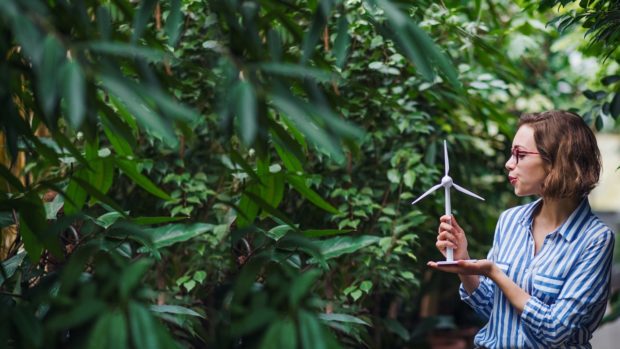When your offering is a subscription built on making home deliveries of fresh organic fruit & veg boxes to customers, getting the packaging element in line with the mission is all important. Riverford has spent the last two years switching all of its packaging over to home compostable materials, made from natural materials including wood pulp, sugar cane and corn, can now say it has eradicated all of its plastic usage. The move comes at an increased cost which it says it will not be passing on, adding that it will save 21 tonnes of plastic every year, on top of an existing switch for netted produce into nets made from sustainable beech wood.
Riverford’s sustainability manager, Zac Goodall commented: “After many months of intensive research, we decided on the sustainable future of our packaging: 100 per cent home compostable materials. Once disposed of, this packaging will disintegrate into pieces smaller than 2mm within six months, and properly bio-degrade (breaking down not into microplastics, but into carbon dioxide, water vapour and organic matter, just like a plant decomposing) within a year. It will break down like this even in low temperatures, such as your home compost heap.”
The move is the result of an extensive process of research for the right material with the aim of finding packaging that will compost in home compost heaps, as opposed to higher industrial temperatures, as well as bypassing the UK’s ineffective and fragmented recycling system. It comes as the pandemic has sparked huge growth in home deliveries and the accompanying problem of a proliferation in plastic packaging
Riverford hopes its home compostable packaging offers a solution for green home deliveries to ethical consumers, ensuring its organic vegetables can be delivered without adding to the plastic problem. To close the loop, customers who cannot compost their packaging at home can leave it out for Riverford to collect, and compost on the farm to fertilise the next season’s organic veg.








Share